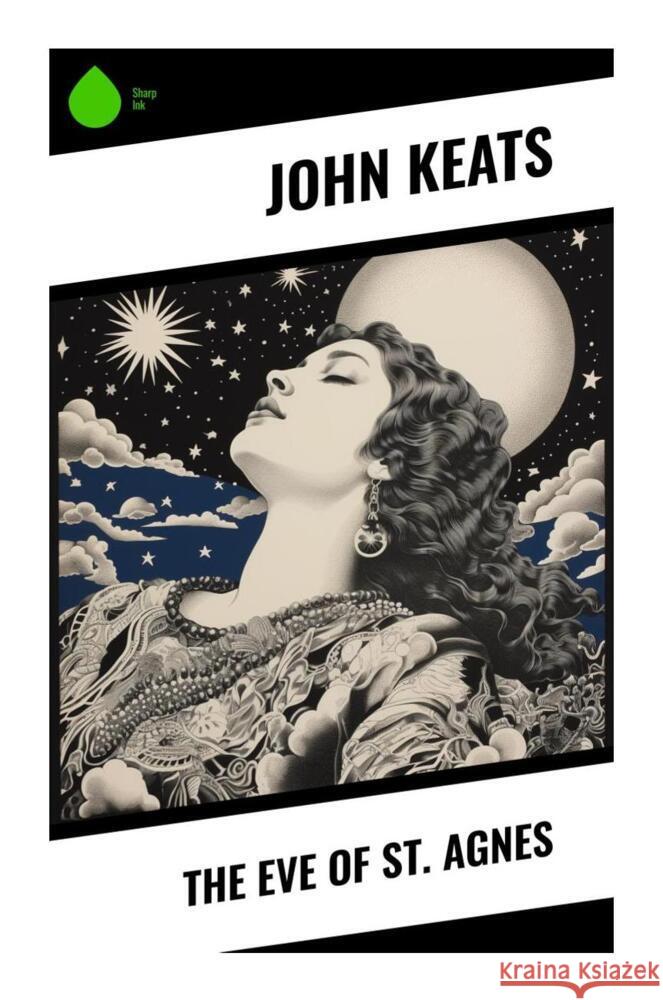The Eve of St. Agnes » książka
The Eve of St. Agnes
ISBN-13: 9788028333805 / Angielski / Miękka / 308 str.
It is widely considered to be amongst his finest poems and was influential in 19th century literature. The poem is in Spenserian stanzas. The title comes from the day (or evening) before the feast of Saint Agnes (or St. Agnes' Eve). St. Agnes, the patron saint of virgins, died a martyr in 4th century Rome. The eve falls on January 20th; the feast day on the 21st. The divinations referred to by Keats in this poem are referred to by John Aubrey in his Miscellanies (1696) as being associated with St. Agnes' night. Keats based his poem on the superstition that a girl could see her future husband in a dream if she performed certain rites on the eve of St. Agnes; that is she would go to bed without any supper, undress herself so that she was completely naked and lie on her bed with her hands under the pillow and looking up to the heavens and not to look behind. Then the proposed husband would appear in her dream, kiss her, and feast with her. John Keats (1795-1821) was an English Romantic poet. The poetry of Keats is characterized by sensual imagery, most notably in the series of odes. Today his poems and letters are some of the most popular and most analyzed in English literature.











